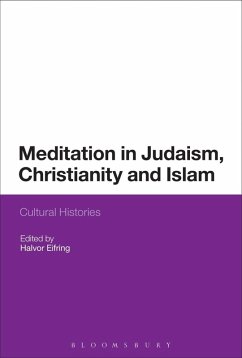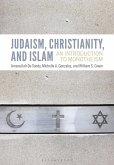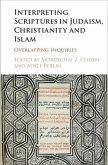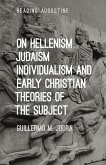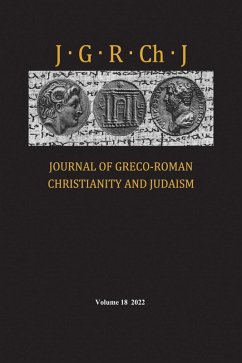Meditative practices have flourished in widely different parts of Eurasia, yet historical research on such practices is limited. Research to date has focused on contexts rather than actual practices, and within individual traditions.
For the first time in one volume, the meditative practices of the three traditions of Judaism, Christianity and Islam are examined. They are viewed in a global perspective, considering both generic and historical connections to practices in other traditions, particularly in India and East Asia. Their cultural and historical peculiarities are examined, comparing them both to each other and to Asian forms of meditation.
The book builds on a notion of meditation as self-administered techniques for inner transformation, a definition which focuses on transformative practice rather than notions of meditative states and
mystical experiences. It proposes ways of studying meditative practice historically, and concludes with an essay on the modern scientific interest in meditation.
For the first time in one volume, the meditative practices of the three traditions of Judaism, Christianity and Islam are examined. They are viewed in a global perspective, considering both generic and historical connections to practices in other traditions, particularly in India and East Asia. Their cultural and historical peculiarities are examined, comparing them both to each other and to Asian forms of meditation.
The book builds on a notion of meditation as self-administered techniques for inner transformation, a definition which focuses on transformative practice rather than notions of meditative states and
mystical experiences. It proposes ways of studying meditative practice historically, and concludes with an essay on the modern scientific interest in meditation.

